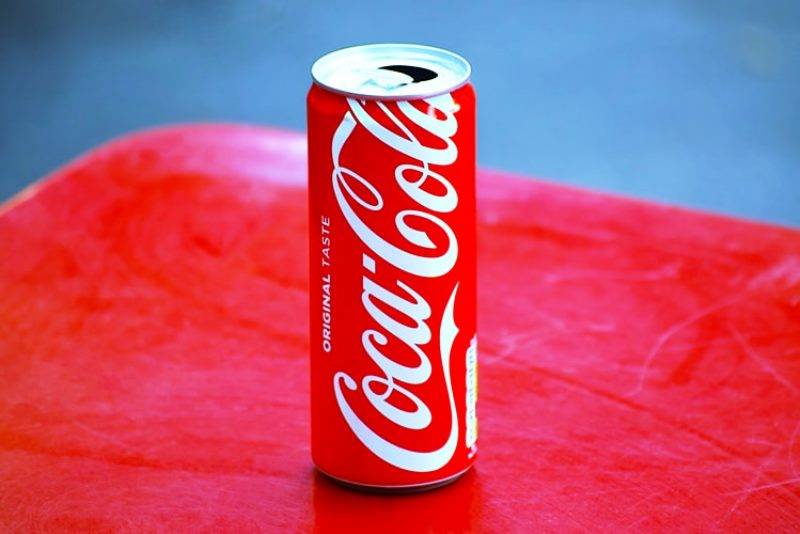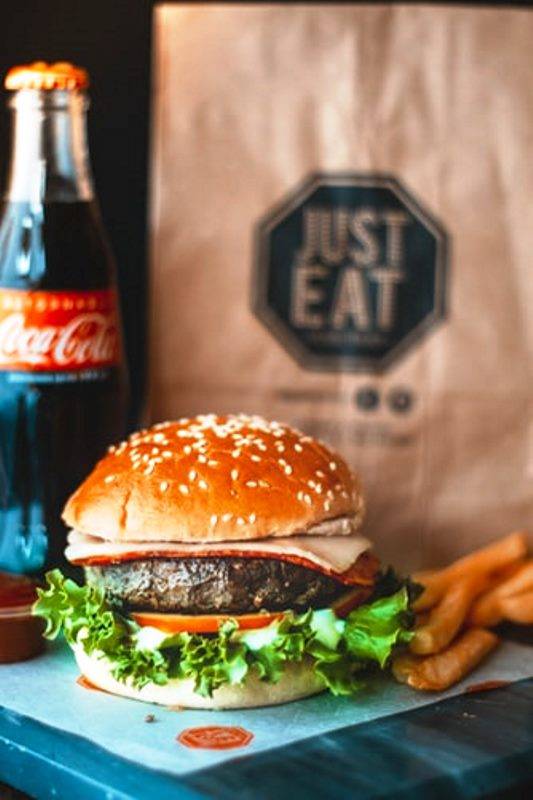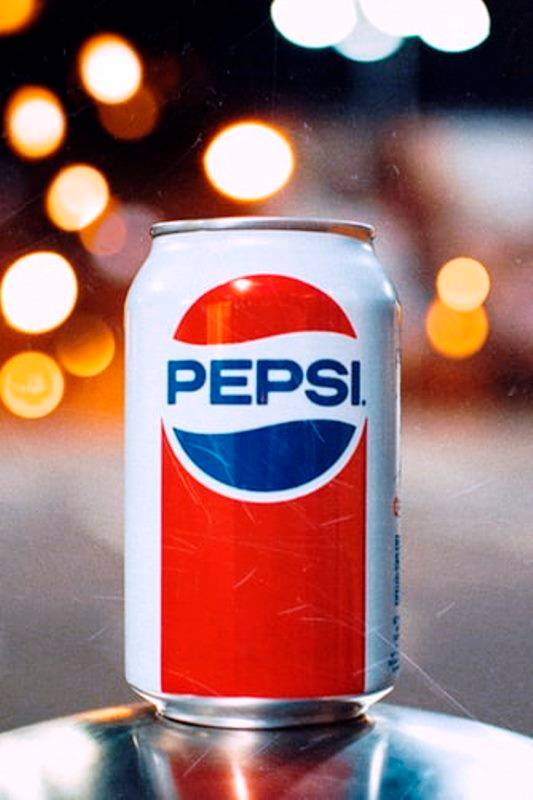
The overall burden of the non-communicable diseases is on the high in India and elsewhere in the World. Dangerous levels of salt, sugar, transfats above the threshold limits set by the Food Safety and Standards Authority of India (FSSAI) are the prime reasons for the worrying trend of high blood pressure, high blood sugar, high cholesterol and overweight in India. It's not even weeks passed after CSE did a New Laboratory analysis on the commonly available popular processed foods and has set the warning bells toiling on its concerns over the regulations not in place by FSSAI.
The M. S. Swaminathan Research Foundation at Chennai conducted Dr. C. Gopalan Memorial Lecture on Jan 3. Dr. C. Gopalan is known as the father of Nutrition Research in India, he was former Director –General of Indian Council of Medical Research and Director National Institute of Nutrition. Dr. C. Gopalan also started the National Nutrition Monitoring Bureau and made immense contribution to nutrition research in India. This lecture was instituted by MSSRF as a tribute to his memory.

The government should consider taxing the junk food(high is sugar, salt and transfats ) so as to discourage people towards spending on these and move more towards healthier diets said Dr Soumya Swaminathan, Chief Scientist, World Health Organisation(WHO) speaker at the Dr. C. Gopalan Memorial lecture. She expressed deep concern of the growing burden of the non-communicable diseases and the double burden of malnutrition in India and the urgent actions required for curbing this situation.
During the recent years, we have seen many countries implementing taxes on sugary drinks in addition to a smaller number of health related food taxes. As we glance upon the Health related food and drink taxes around the world, adapted and updated from the World Cancer Research Fund, we find that as early as 1981, Norway had started taxing Soft drinks including those containing artificial sweeteners, sugar and chocolate to countries like Samoa in 1984 for soft drinks to French Polynesia in 2002, Fiji in 2006, France in 2012,Hungary,Finland,Denmark,Tonga in 2013 to Kiribati ,Chile and Mexico in 2014,Dominica ,Barbados in 2015,Belgium,Mauritius in 2016, and Brunei, Spain ,UAE, USA, Pennsylvania in 2017.

As we look at the possibilities of implementing Fat Tax in India, there is a growing need to tax junk foods and sugary drinks like Tobacco and Beverages. As we think upon taxing the junk food, we think that there needs to be a necessity to give incentives to the sellers who sell healthy food. But when you approach the issue what seems to us is that it is politically and administratively more challenging. We are also confused with thoughts thinking to what kind of foods will the people start consuming instead. The selection of what kinds of foods should be subjected to taxation on what basis to improve the diets of people seems quite challenging in India at a time when FSSAI is staggering over implementing the proper nutrient labelling requirements of different junk foods. Then comes the issues regarding the taxation of imported foods stuff too. An analysis of consumer data from Mexico and Berkeley have shown that the taxes were successful in reducing purchase to an extent. We can't come to a conclusion that taxing will alone help, what we think is there should be parallel public health campaigns and advertisements that needs to go hand in hand to effectively curb the purchases. Further work will also be required to understand whether these potential consumption changes are leading to better health outcomes too.
In 2016, Kerala became the first state in India to propose a fat tax on burgers, pizza and other junk and fast foods. It was assumed to be due to the climbing obesity rates and diabetes in Kerala. The 14.5% fat tax, which was introduced with the aim to curb the growing addiction to junk food, was met with a mixed response. As Dr Soumya reiterates a systemic change which can happen only with the involvement of government, civil society, academics, the media, donors and the private sector, as well as grass root organizations, farmers and their unions, faith based leaders ,innovators and investors who are financing green companies, city mayors and consumer associations.
In this Scenario we at least hope that the FSSAI finalises the latest draft of 2019 that proposed A Red Label on the front of pack in foods containing more salts, sugar and transfats. We assume that this proposed red label has been a point of contention and a reason for delay.















